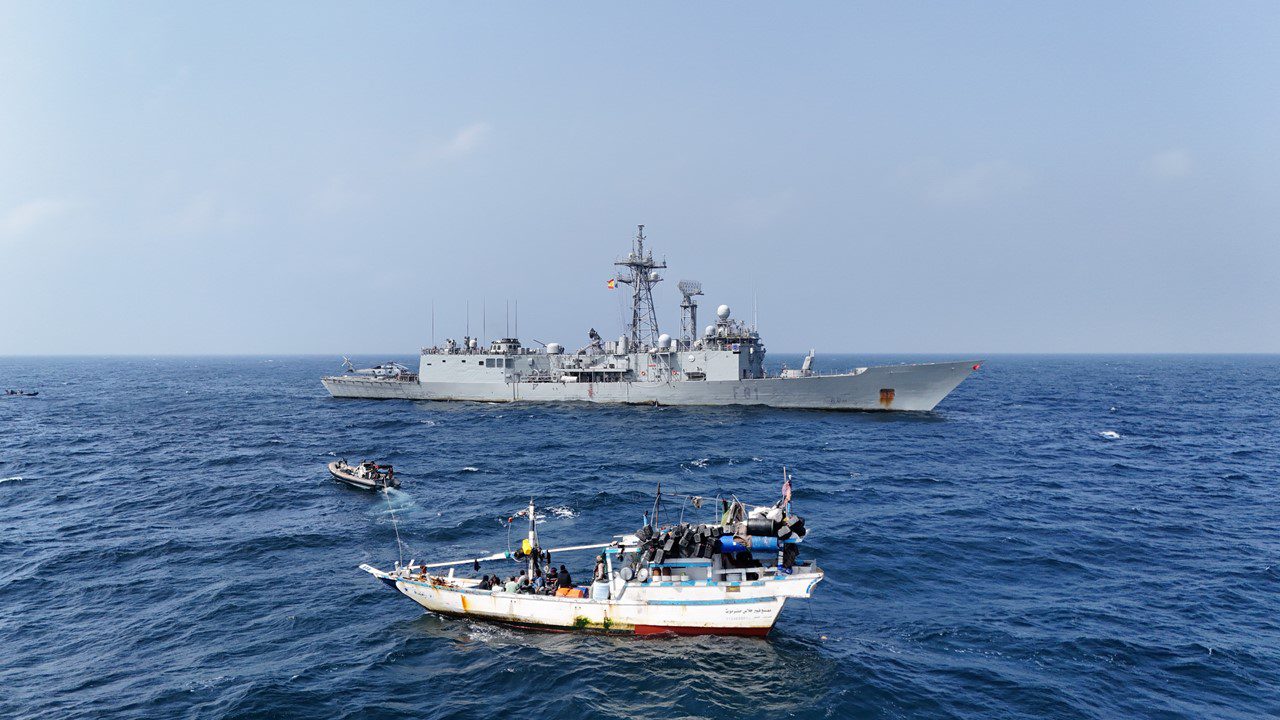
Although incidents of piracy decline off the Horn of Africa, still an inestimable number of seafarers continue to bear the psychological impact of captivity by pirates and stressors that come with transiting High Risk areas.
With that in mind, the Seamen’s Church Institute (SCI), in collaboration with New York’s Mount Sinai School of Medicine, has released the first of two reports from a multi-year study exploring the clinical assessment and treatment of piracy attack survivors.
SCI aimed the report, entitled “The Psychological Impact of Piracy on Seafarers,” at giving persons in the maritime industry a direct look at the major findings from the study and its implications on the maritime industry.
“During encounters with pirates, seafarers experience traumatic events that may lead to clinically significant emotional consequences,” SCI’s Clinical Researcher Dr. Michael S. Garfinkle states, “however no attempts to describe the emotional circumstances of seafarers currently exist to help in assessing and treating them.”
Through some 154 interviews with piracy survivors, highlights of the study’s findings include:
- Most seafarers interviewed did not think that their job is unduly stressful under normal conditions.
- From 2009 to 2011, overt concern about piracy increased along with anticipatory stress about transiting piracy zones.
- The frequency with which seafarers expressed appeal for armed guards on board ships for protection increased during the study.
- Of those seafarers held captive or attacked by pirates, most experienced clinically significant symptoms afterwards.
- Less than â…“ of these seafarers felt that they had received adequate follow-up care.
- Seafarers cited concerns about disclosing private medical records and being blacklisted as barriers to receiving medical care.
The final section of the report addresses some of the topics introduced into SCI’s study from seafarer responses. Issues such as assessment, confidentiality agreements that protect doctor-patient relationships and stigmas associated with mental health treatment remain major concerns. To respond to these, the authors of the report stipulate the necessity for a worldwide collaboration between the industry, seafarer welfare organizations, including those such as the Maritime Piracy Humanitarian Response Program and Oceans Beyond Piracy, and the international mental health community.
From these collaborations, researchers seek to offer recommendations for first-responders to help seafarers after a pirate encounter. SCI’s Garfinkle advocates, “We need to address mental health needs of seafarers with the same thorough standards used in the evaluation of other medical needs.”
To this end, Garfinkle and others are preparing a recommended assessment battery in seafarers’ native languages and hopes to stimulate Human Resources protocols for treatment.
The second report, a scientific peer-reviewed paper, is expected to be released in early 2013.
Download: The Psychological Impact of Piracy on Seafarers

 Join The Club
Join The Club












